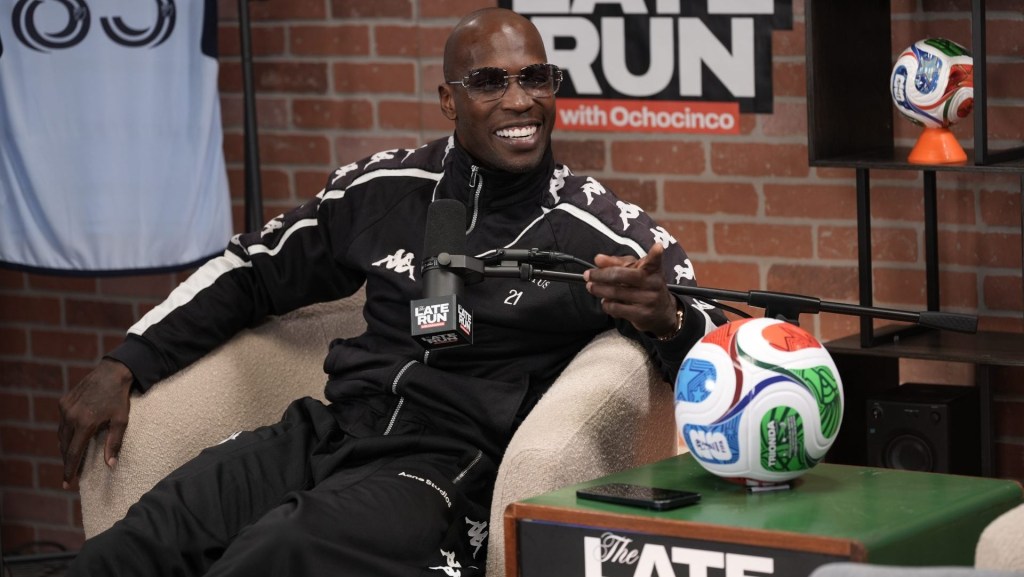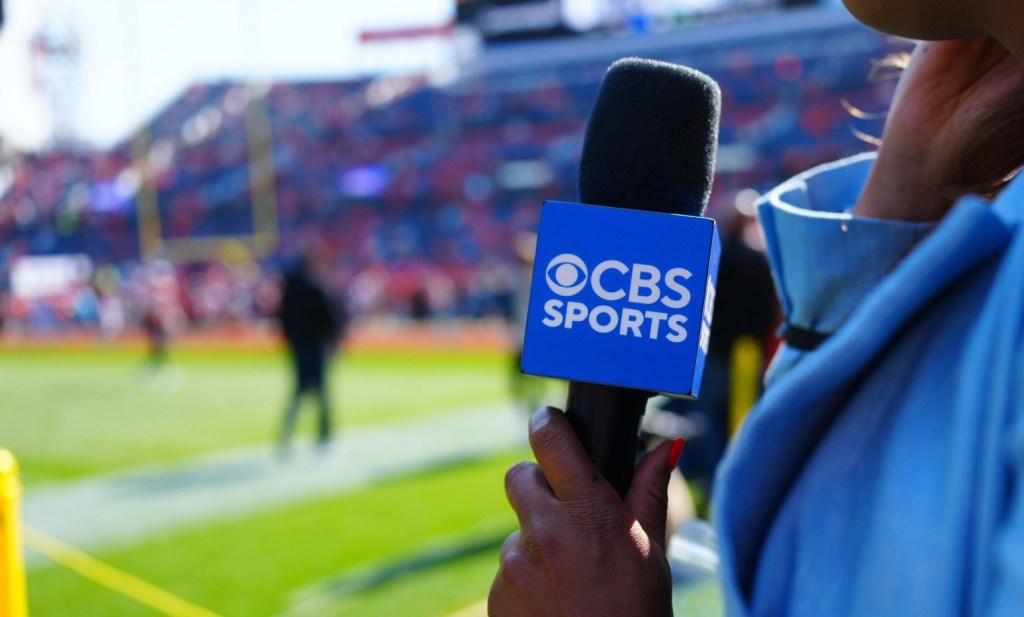Despite months of concerns surrounding the Paris Olympics that have run the gamut from polluted water and security threats to unsold tickets, budget worries, and corruption allegations, optimism is now building for the event—amplifying hopes of it being a major turnaround for the Olympic movement.
Friday’s start of the Olympics contains the largest and most ambitious opening ceremony ever, including the long-planned parade of more than 90 boats and 10,500 athletes down the Seine river. It will be soon followed by a high-profile set of competitions involving some of the world’s greatest athletes, and in one of the most picturesque cities on the planet.
The hopeful situation contrasts strongly with the 2022 Winter Olympics in Beijing and Summer Games the year before in Tokyo, both of which were marred by the COVID-19 pandemic and suffered from minimal buzz, spectator restrictions, and record-low U.S. television viewership.
“For as long as the closing ceremony hasn’t finished, we need to remain vigilant,” said Tony Estanguet, president of the Paris 2024 organizing committee. “But we are exactly where we would have dreamed of being a few years ago.”
Still, there are a variety of issues impacting the Games, even if they likely won’t fundamentally derail the event. Among them:
- Tickets: More than 600,000 tickets remain unsold, with initial buying restrictions and secondary-market rules contributing to a glut of inventory.
- Seine water quality: Levels of E. coli (bacteria found in fecal matter) have been a constant concern in the Seine, where it has been illegal to swim for more than a century, and continue to threaten the status of open-water swimming events. Politicians have gone swimming there in recent days to herald extensive clean-up efforts. But changes to water quality, stemming primarily from area rain runoff, could still force changes to upcoming competitions.
- Politics: In a particularly fraught political environment around the world, there is no bigger stage for protestors to make their point than the Olympics. Because of that, organizers and law-enforcement personnel remain on high alert, and even as athlete protests on the field and at the podium are prohibited, competitor statements also remain possible.
- Doping: Earlier this week, the International Olympic Committee forced Salt Lake City officials to yield to the “supreme authority” of the World Anti-Doping Agency in awarding the 2034 Winter Olympics. But back in Paris, sharp ideological division between WADA and the U.S. Anti-Doping Agency is escalating.
U.S. Star Power
Helping fuel further hope among NBC Sports, broadcaster of the Olympics for U.S. audiences, and parent company Comcast is the extended cast of star athletes who are spotlighting the Games, and are seen as strong lures to draw viewers. They include swimmer Katie Ledecky, gymnast Simone Biles, sprinter Sha’Carri Richardson, and basketball player LeBron James, a group very much in the conversation as some of the best-ever athletes to compete in their respective sports.
That stellar lineup is joined by the array of celebrities the network has leaned on to help promote the Paris Olympics.
Further adding to that are the visuals of Paris, which will play a critical role in the network’s coverage, and represent one of the most visually distinctive settings for an Olympics in recent memory.
“Paris is just a massive costar in these games,” said NBC Sports anchor Mike Tirico. “Nothing is bigger than the athletes and the competition, but Paris is pretty darn close second to that, I’ll tell you. It’s going to add to it, and I think the athletes will feel it.”
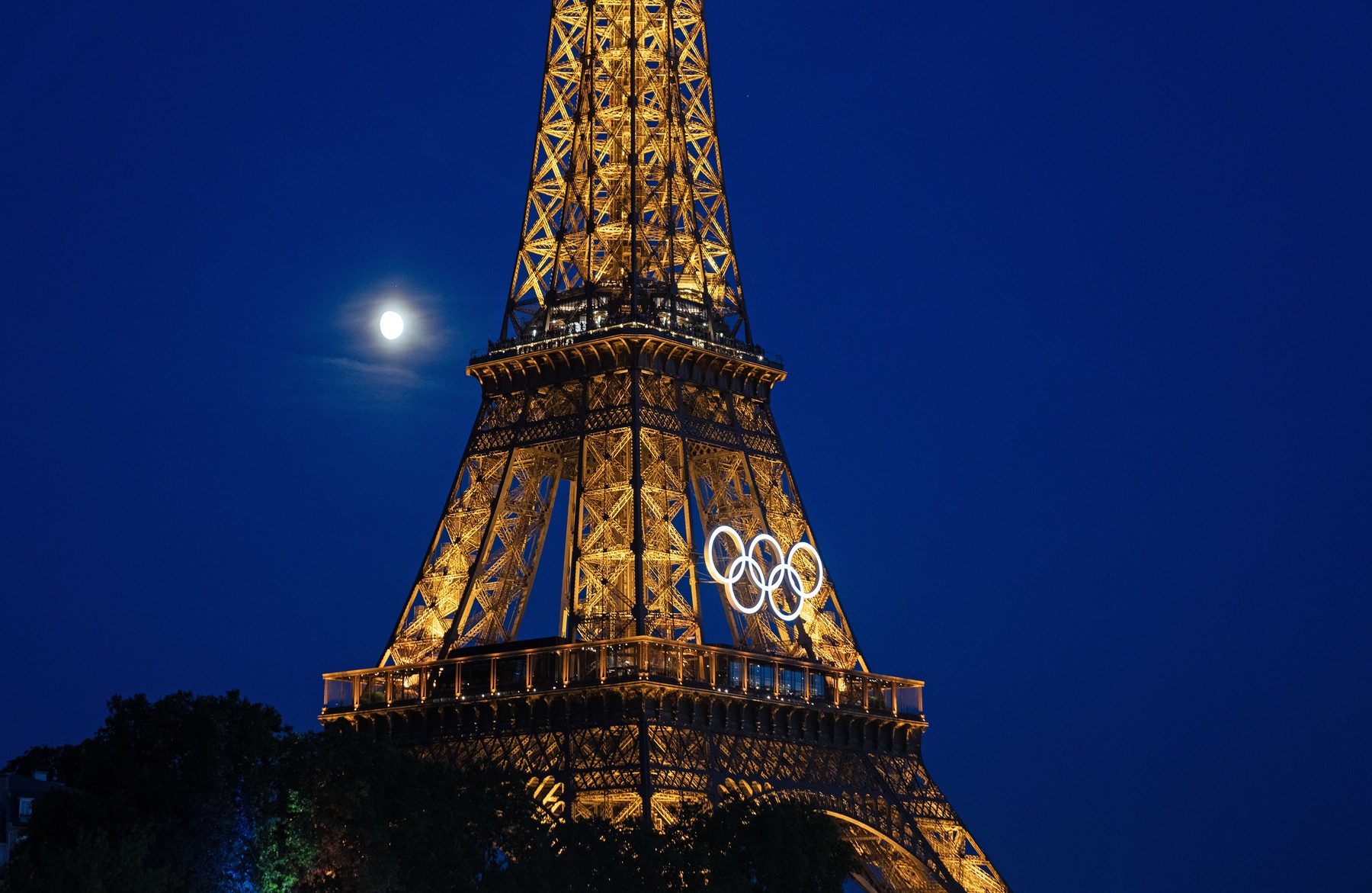
![[US, Mexico & Canada customers only] Sep 28, 2025; Bethpage, New York, USA; Team USA's Bryson DeChambeau reacts after hitting his approach on the 15th hole during the singles on the final day of competition for the Ryder Cup at Bethpage Black.](https://frontofficesports.com/wp-content/uploads/2026/03/USATSI_27197957_168416386_lowres-scaled.jpg?quality=100&w=1024)

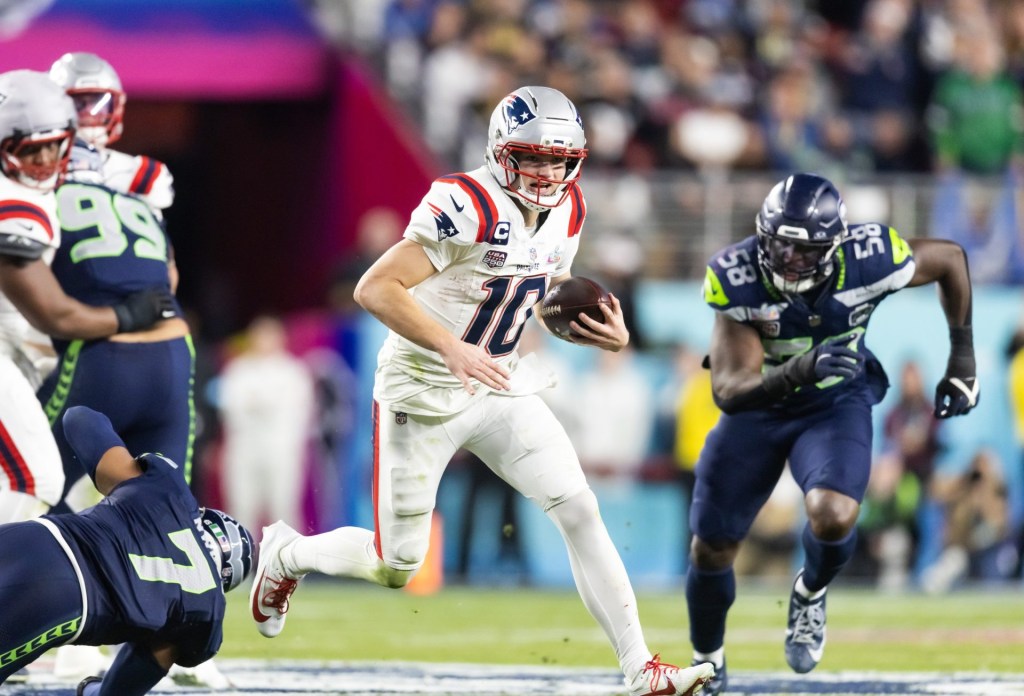
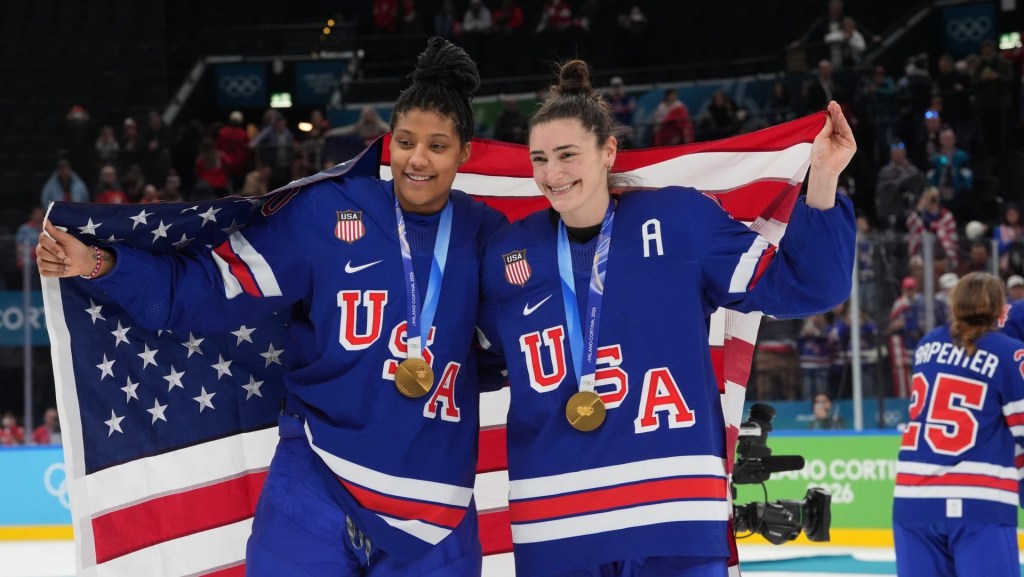

![[Subscription Customers Only] Jun 15, 2025; Seattle, Washington, USA; Botafogo owner John Textor inside the stadium before the match during a group stage match of the 2025 FIFA Club World Cup at Lumen Field.](https://frontofficesports.com/wp-content/uploads/2026/02/USATSI_26465842_168416386_lowres-scaled.jpg?quality=100&w=1024)
![[Subscription Customers Only] Jul 13, 2025; East Rutherford, New Jersey, USA; Chelsea FC midfielder Cole Palmer (10) celebrates winning the final of the 2025 FIFA Club World Cup at MetLife Stadium](https://frontofficesports.com/wp-content/uploads/2026/02/USATSI_26636703-scaled-e1770932227605.jpg?quality=100&w=1024)


